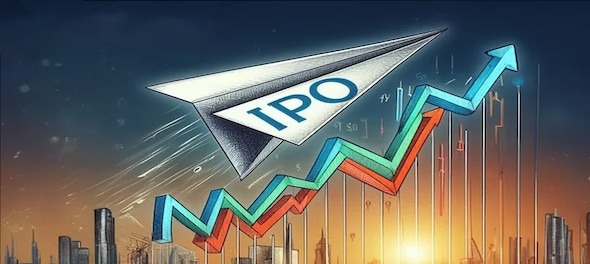
Hyundai India IPO: Hyundai Motor India's IPO is going to open for subscription from October 15. This will be the largest public issue ever in India. At the upper end of the price band, the total value of the IPO will be Rs 27,870 crore, which will surpass LIC's size of over Rs 21,000 crore.
This IPO will be entirely an Offer-for-Sale (OFS), in which Hyundai Motor India's parent company will sell 14.2 crore shares or 17.5% of the total equity. For this IPO, the company has fixed a price band of Rs 1,865-1,960 per equity share. The company
has a 14.6% share in the domestic automobile market. Hyundai Motor India is the second largest car manufacturing company in the country. Apart from this, it is also the second largest exporter of passenger vehicles. But the company's IPO is also not untouched by risk. Let's take a look at its major risks - Electric Vehicle Strategy The company has said that its long-term competitiveness depends on the development of the electric market, including the global shift in people's preferences and the impact of government policies in different jurisdictions. Hyundai India said, "Failure to recognise these market trends and meet customer demands for EVs could have a material adverse effect on operations. A significant portion of our sales volume is derived from the sale of non-EV passenger vehicles and there is no guarantee that we will be able to successfully and cost-efficiently pursue our EV strategy." Royalty Fee Any increase in the royalty fees payable by Hyundai Motor India to the promoter Hyundai Motor Company under the royalty agreement could have a material adverse effect on profitability metrics, including earnings per share, up to or exceeding the limits of 5% of the company's annual consolidated turnover. Dependence on parent company: The company is dependent on its parent company for operations, including parts and materials (such as engine and transmission assembly) and research and development. According to the RHP, any disruption in the firm's relationship with Hyundai Motor Company and Hyundai Motor Group companies could have a material adverse effect on its business, reputation, financial condition and operations. Material Cost and Supply Hyundai Motor India said it is dependent on a limited number of suppliers for parts and materials. Any disruption in the availability of parts and materials could have a material adverse effect on operations. Further, an increase in the prices of parts and materials required for operations could also have a material adverse effect. Export Business Any failure or delay by Hyundai Motor Company or Hyundai Motor India in accessing export markets could have a material adverse effect on its results of operations and prospects. Company Capacity The company said its manufacturing plants are currently operating at high capacity and unless it is able to increase capacity by restarting the Talegaon manufacturing plant in a timely manner or at all, it will not be able to meet the additional demand for its products.
Read More: IPO News: 3 new IPOs opening next week, this company has the highest GMP; keep your money ready
--Advertisement--

 Share
Share



